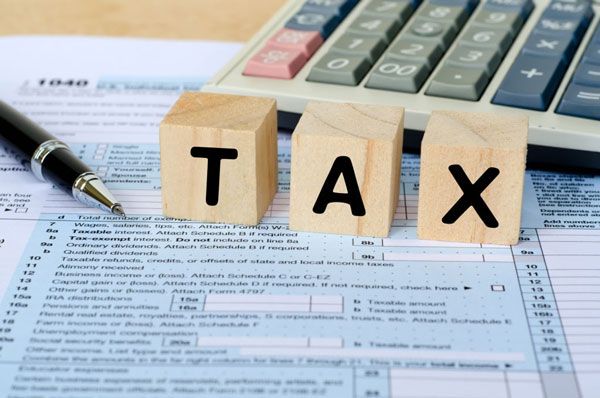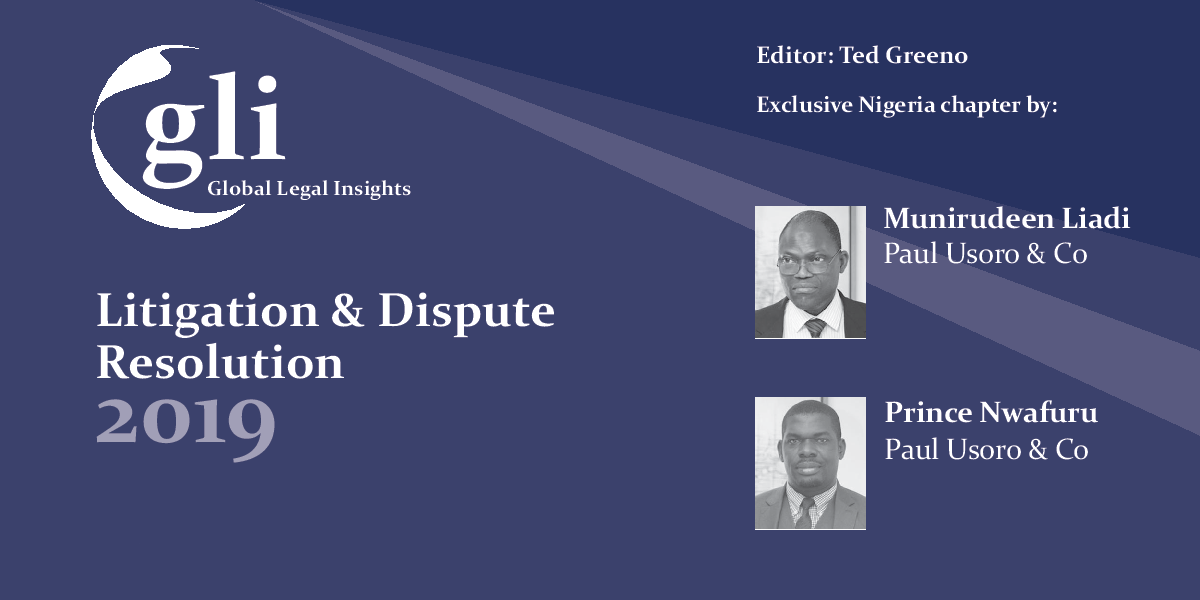AfCFTA: The Need for Cautious Optimism in Assessing its Economic Impact
- INTRODUCTION
The Treaty (“Agreement” or “AfCFTA Treaty”) establishing the African Continental Free Trade Area (“AfCFTA”), was birthed on 21 March 2018 at the end of the Extra Ordinary Summit of the Assembly of Heads of States and Governments of the African Union which held in Kigali, Rwanda. Continue reading “AfCFTA: The Need for Cautious Optimism in Assessing its Economic Impact”
Impact of the Finance Bill 2019 on Nigeria Business Environment
As part of the process to improve the Nigerian tax environment and promote fiscal equity and uniformity in line with global best practices, the Finance Bill 2019 (“the Bill”) was presented to the National Assembly by President Muhammadu Buhari GCFR on 08 October 2019 and was passed by the House of Representative on 28 November 2019.
The Bill is intended to cure incidence of multiple taxation that exist under our tax framework. It seeks to do this by amending sections of our various Tax Laws to bring about uniformity and create an enabling environment to actualize the ease of doing business initiative of the Federal Government.
General Rules of Originating Processes and Interlocutory Applications- A paper delivered by Munirudeen Liadi at the GTBank Legal Training Session

Our Litigation Partner, Mr. Munirudeen Liadi, was a Guest Lecturer at the Legal Group Training Session of the Guaranty Trust Bank Plc held in October 2019, where he masterfully delivered a paper titled: “Instituting Matters in Court: Originating Processes and Basic Interlocutory Applications”. In his presentation, Mr. Liadi analyzed the critical nature and forms of originating processes in various Courts. He further elucidated on the salient provisions and relevance of the new Federal High Court Civil Procedure Rules, 2019 and the Lagos State High Court Civil Procedure Rules, 2019 vis-à-vis originating processes. Continue reading “General Rules of Originating Processes and Interlocutory Applications- A paper delivered by Munirudeen Liadi at the GTBank Legal Training Session”
Litigation and Dispute Resolution 2019- Global Legal Insights
Efficiency and integrity of the legal process in Nigeria
Nigeria is unarguably the largest economy in Africa with an estimated population of about 200 million. The country operates a federal system of government, which allows devolution of power amongst the Federal Government and the 36 federating States. Patterned after the English legal system, Nigerian laws derive majorly from: (i) Nigerian legislation; (ii) received English laws (comprising Common law, equitable principles and Statutes of General application); (iii) Nigerian case laws (judicial precedent); (iv) Nigerian customary laws; (v) Islamic laws; and (vi) international laws and principles. The applicability of English laws and principles is subject to the provisions of Nigerian legislation and courts’ decisions. The Nigerian Court system is centralised with all appeals from State and Federal High Courts going to the Court of Appeal and then to the final Appeal Court being the Nigerian Supreme Court.
APPLICABLE SANCTIONS FOR THE OFFENCE OF SNATCHING BALLOT BOXES UNDER THE ELECTORAL ACT
With the conclusion of the 2019 Nigeria presidential election which has yielded another 4 years to President Muhammadu Buhari, all attention has been turned to the Governorship elections which are scheduled to hold on 09 March 2019 following the postponement of same by the Independent National Electoral Commission from 02 March 2019 when it was previously Continue reading “APPLICABLE SANCTIONS FOR THE OFFENCE OF SNATCHING BALLOT BOXES UNDER THE ELECTORAL ACT”
OVERVIEW OF THE FRCN CODE OF CORPORATE GOVERNANCE 2018
In Nigeria, there was a void in the corporate sector due to the absence of a comprehensive legislation in corporate governance regime. However, this absence was mitigated for by sector-specific corporate codes[1] issued by their respective regulators to address this challenge. In order to consolidate the various codes of different sectors and establish a unified corporate governance framework, the Financial Reporting Council of Nigeria (“FRCN”), released the National Code of Corporate Governance 2016. However this was suspended as there were questions relating to its legality and how it may negatively impact the ease of doing business in Nigeria.



